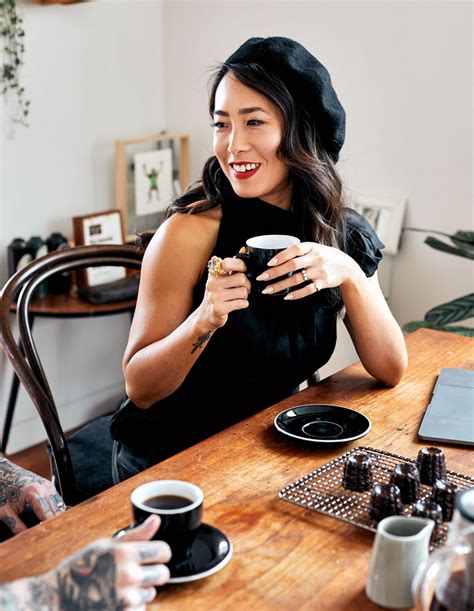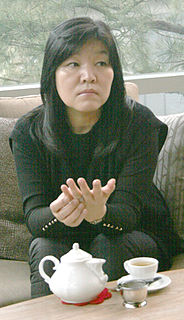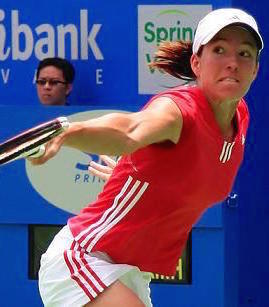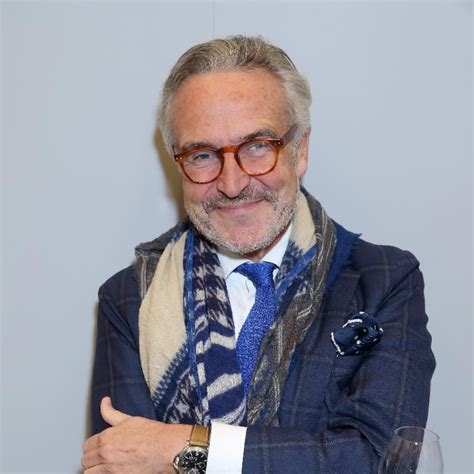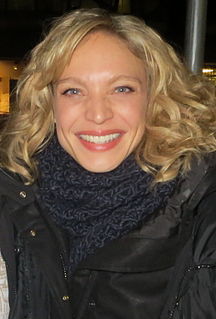A Quote by Will Smith
Why is life at this point in the twentieth century so focused upon the very beginning of life and the very end of life? What about the 80 years we have to live between those two inexorable bookends?
Related Quotes
Death is not the end, but the beginning of a new life. Yes, it is an end of something that is already dead. It is also a crescendo of what we call life, although very few know what life is. They live, but they live in such ignorance that they never encounter their own life. And it is impossible for these people to know their own death, because death is the ultimate experience of this life, and the beginning experience of another. Death is the door between two lives; one is left behind, one is waiting ahead.
Birth leads to death, death precedes birth. So if you want to see life as it really is, it is rounded on both the sides by death. Death is the beginning and death is again the end, and life is just the illusion in between. You feel alive between two deaths; the passage joining one death to another you call life. Buddha says this is not life. This life is dukkha - misery. This life is death.
If the point of life is the same as the point of a story, the point of life is character transformation. If I got any comfort as I set out on my first story, it was that in nearly every story, the protagonist is transformed. He's a jerk at the beginning and nice at the end, or a coward at the beginning and brave at the end. If the character doesn't change, the story hasn't happened yet. And if story is derived from real life, if story is just condensed version of life then life itself may be designed to change us so that we evolve from one kind of person to another.
One respect in which I'm very much my father's son is how I feel about Joyce. 'Ulysses' is very much about daily life, when you get into this other guy's life and you learn about the things he cares about, and why he cares about them. And then, very indirectly, very subtly, you learn why politics has impacted his life, too.
It is amusing to discover, in the twentieth century, that the quarrels between two lovers, two mathematicians, two nations, two economic systems, usually assumed insoluble in a finite period should exhibit one mechanism, the semantic mechanism of identification - the discovery of which makes universal agreement possible, in mathematics and in life.
Basically the movies I make are my life, so I choose how I want to live my life for the next two years. So that's a decision I have to make. At some point if I feel there are enough elements - it doesn't even have to have great characters or great stories - it's just elements that can get my excitement and curiosity for one or two years, then I'll jump in and I'll find out what that is. Then I have to do [interviews like this] and rationalize why I do this.
...I have so many dreams of my own, and I remember things from my childhood, from when I was a girl and a young woman, and I haven't forgotten a thing. So why did we think of Mom as a mom from the very beginning? She didn't have the opportunity to pursue her dreams, and all by herself, faced everything the era dealt her, poverty and sadness, and she couldn't do anything about her very bad lot in life other than suffer through it and get beyond it and live her life to the very best of her ability, giving her body and her heart to it completely. Why did I never give a thought to Mom's dreams?
I left the convent and that was because I wasn't a very good nun. I could see that I wasn't going to make it. It's very difficult to be a nun, or to live a religious life. It's very difficult to live a life of total celibacy or a life without any possessions or material responsibilities at all, or in total obedience to somebody else, and remain a mature whole human being, and I knew that I wasn't going to be one of those.
The past situation has just occurred and the future situation has not yet manifested itself so there is a gap between the two. This is basically the bardo (life between life) experience. [This is the place where your life is reviewed - where you get another chance to let life teach you and end the cycle of pain. -EM]
We do have the ability to shift our paradigms - by shifting our belief systems, by working on ourselves, by looking very closely at how we show up in the world. It's why I'm into health and wellness. It's why my partner and I are very focused on creating a life that is about being connected; it's about being present. Because my life was probably so much in the past. I was so fearful. I was so fearful of the future because I was so scared of my past. So if you can work towards being present, then you can shift.
I want to live a good life and pay my taxes. 'The Killing' was a blessing. It was two wonderful years. But I had reached a point in my life, especially with a young son, that I was no longer willing to compromise my life for the sake of a paycheque. I was no longer willing to move where the tax credits are strong.





